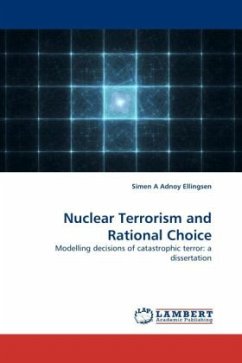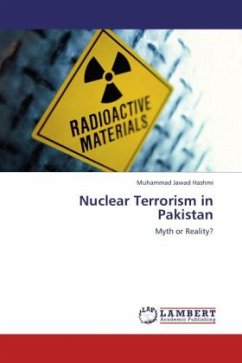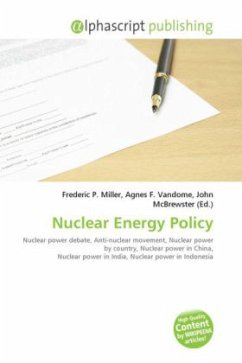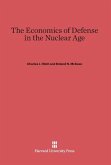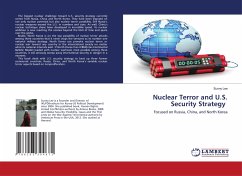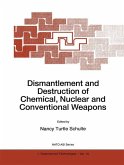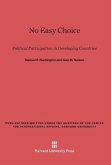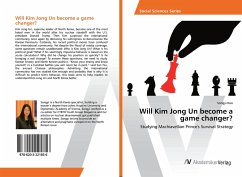The prospect of nuclear terrorism, terrorist acts with nuclear fission explosives, is analysed by means of rational choice theory, a methodology borrowed from economics which has hitherto not been systematically applied to nuclear terrorism. Four relevant decision situations are studied: The terrorist's choice of whether to embark on an ambitious and expensive nuclear project or to stay with tried and trusted conventional methods; The choice of fissile material for a terrorist bent on building a nuclear weapon; The government's choice of prioritising between branches of fissile materials security; and the strategic interplay between terrorist and government in the case where the terrorist has acquired a nuclear weapon and must decide whether to use it to attack, for extortion, or to deter an attack upon his own interests. In each case, the methodology of modelling allows a number of key conclusions to be drawn, informing policy makers on best responses to a threat which is notoriously difficult to estimate.
Bitte wählen Sie Ihr Anliegen aus.
Rechnungen
Retourenschein anfordern
Bestellstatus
Storno

